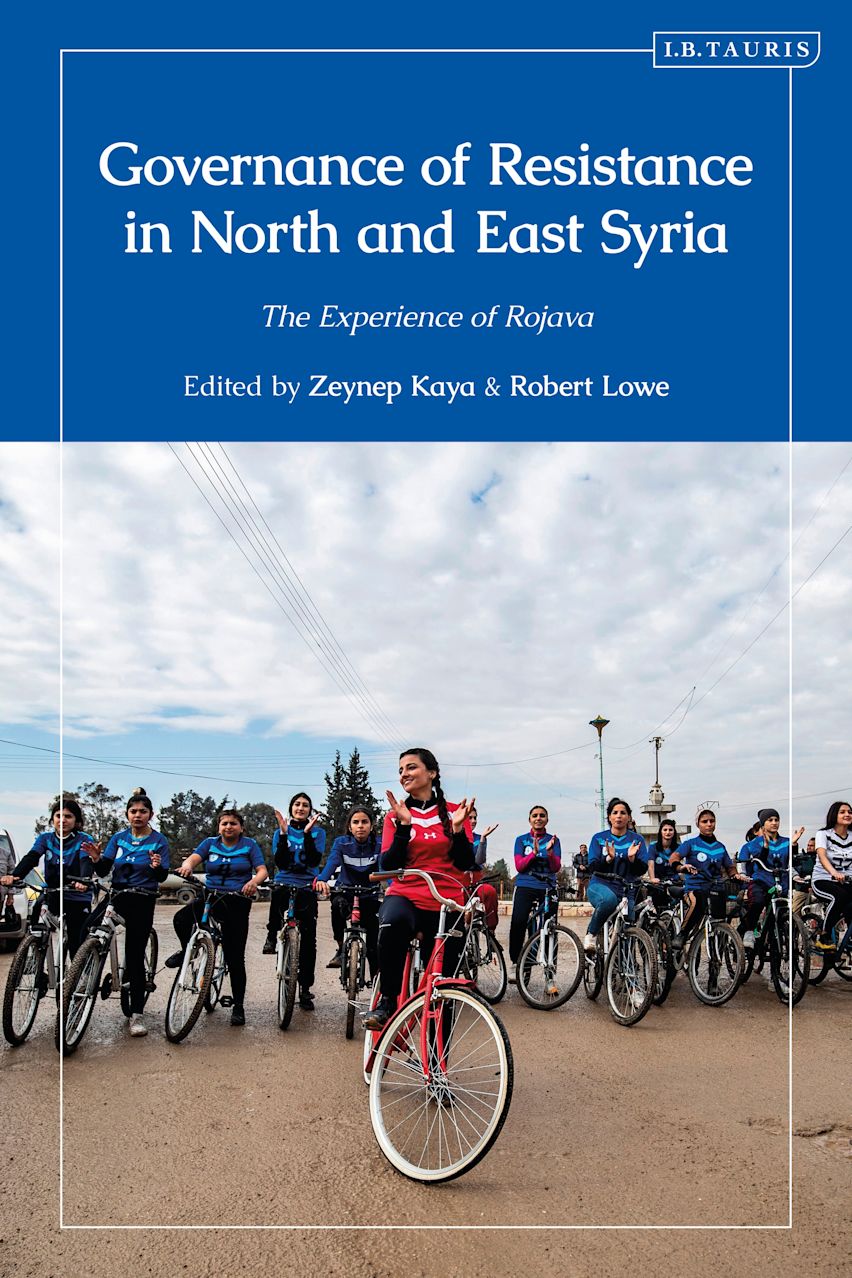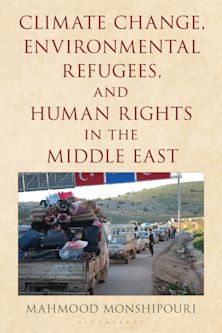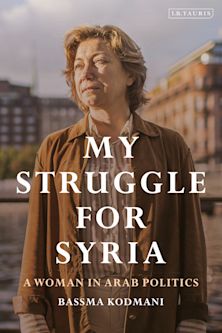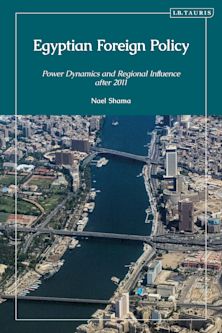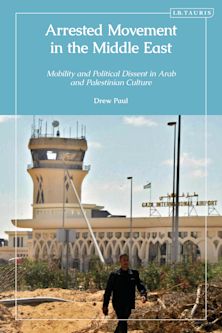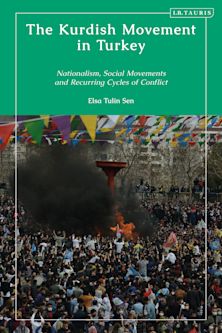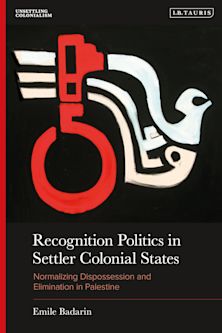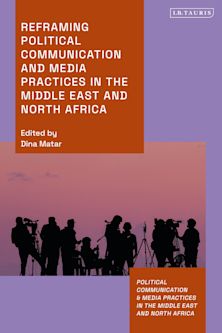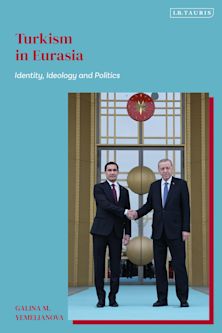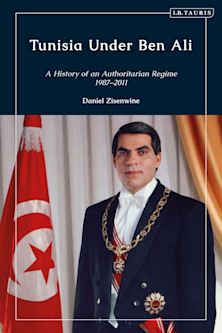Governance of Resistance in North and East Syria
The Experience of Rojava
Governance of Resistance in North and East Syria
The Experience of Rojava
Description
How does a resistant- armed group govern and implement an alternative political programme during war?Governance of Resistance in North and East Syria examines the momentous development of the Kurdish-led autonomous administration since 2012. The creation of this unprecedented, ideologically radical entity is of immense significance in Kurdish, Syrian and Middle Eastern history and for discourses of nationalism and identity. Rojava has been transformational for the local population, the course of the Syrian war, and for regional geopolitics. The movement's commitment to an accommodation within Syria and to a new form of inclusive politics makes it an essential component of the post-Assad settlement.
This book presents new research from the expanding scholarship to interrogate Rojava as a political and social idea and explain the resistance narrative that underpins the ideology and governance structures. The contributions examine key aspects of the condition of the autonomous government, its successes, failures and impact, including the theory and nature of the political structures, their application in Arab areas, identity, education, gender and foreign relations. The findings demonstrate that North and East Syria has been revolutionary, that resistance there is resilient, and that there are constant and dynamic tensions between ideology and pragmatism in the evolution of this remarkable political and social project.
Table of Contents
Map of North and East Syria
Note on Transliteration and Placenames
List of Acronyms and Abbreviations
List of Figures
List of Contributors
Introduction
Zeynep Kaya, University of Sheffield, UK, and Robert Lowe, London School of Economics and Political Science, UK
Section I – Governance
The Autonomous Administration of North and East Syria: State-like Entity or Hybrid Form of Governance Beyond the Nation-State?
Katia Zagoritou, University of the Peloponnese, Greece
Searching for Theoretical-Methodological Approaches to the Study of Democratic Confederalism in Rojava
Erika Aguilar, Universidad Nacional Autónoma de México, Mexico
Democratization Through Kurdish Decentralization? A Critical Comparison of the 2005 Iraqi Constitution and the 2023 Rojava Social Contract
Dastan Jasim, German Institute for Global and Area Studies (GIGA), Germany
Farewell 'Rojava', Welcome North and East Syria: Democratization in the Autonomous Administration's Arab Regions
Matt Broomfield, University of Sussex, UK
The Role of Education in Conflict: How AANES' Education Policies Fuel Grievances in North and East Syria
Benoîte Martin, Ulster University, Ireland
Section II – Identity
Kurdish Resistance (Berxwedan) Narratives in Contexts of Territorial Loss and Recovery: From Liberated Kobanî to Occupied Afrîn and Serê Kaniyê
Thomas McGee, University of Melbourne, Australia
Kurdish Syrians: Balancing Kurdish and Syrian Identities
Yunus Abakay, University of Exeter, UK
Contributing to the Rise of Rojava from Afar: The Role of Education and Family in National Identity Among Migrating Kurds
Nubin Ciziri, Uppsala University, Sweden
Section III – Gender
Kurdish Women, Kongra Star and Gender Liberation in Post-Conflict Northern Syria
Mustafa Kemal Topal, Roskilde University, Denmark
Gender, Militarism, and Mythology in the Kurdish Freedom Movement
Stephen Knight, University of Oxford, UK, and Jenny Schulz, Independent Researcher
Space, Place, Gender and Struggle in the AANES: Decoration as Political Practice
Charlotte Grace, Royal College of Art, UK
Section IV – Foreign Relations
Foreign Policy Choices of the PYD/YPG: Commitment Problems and Hedging
William Smith, Independent Researcher
The Syrian Kurdish National Council's Relationship with Turkey: Symptom and Cause of Decline
Nour Albrzawi, Independent Researcher, and Robert Lowe, London School of Economics and Political Science, UK
Product details
| Published | 11 Dec 2025 |
|---|---|
| Format | Ebook (PDF) |
| Edition | 1st |
| Extent | 312 |
| ISBN | 9780755654949 |
| Imprint | I.B. Tauris |
| Series | Kurdish Studies |
| Publisher | Bloomsbury Publishing |
Reviews

ONLINE RESOURCES
Bloomsbury Collections
This book is available on Bloomsbury Collections where your library has access.











